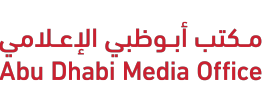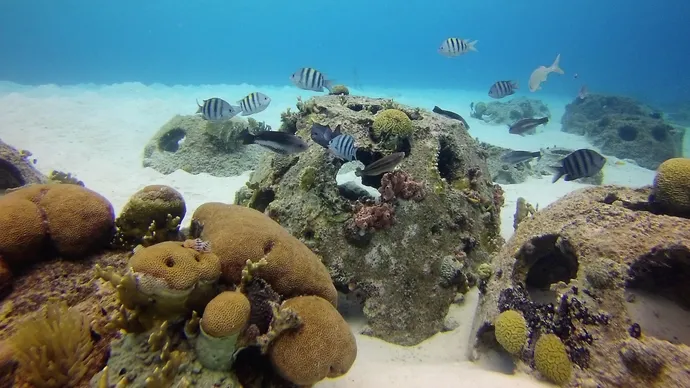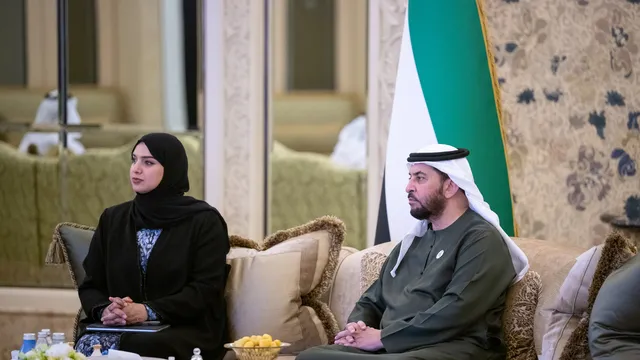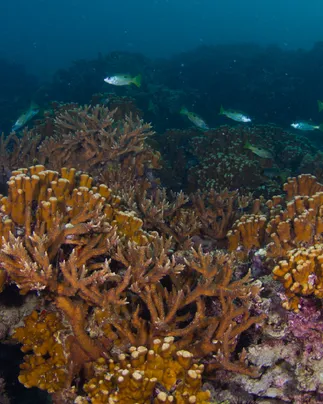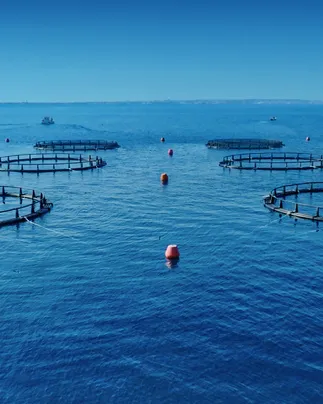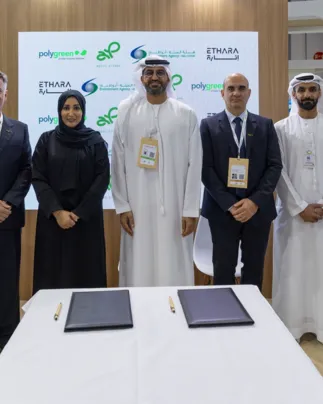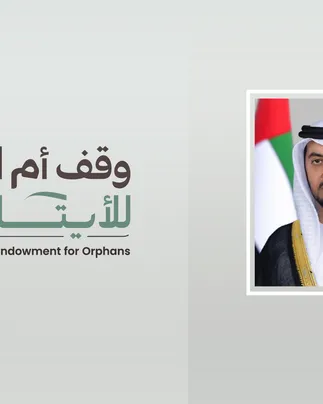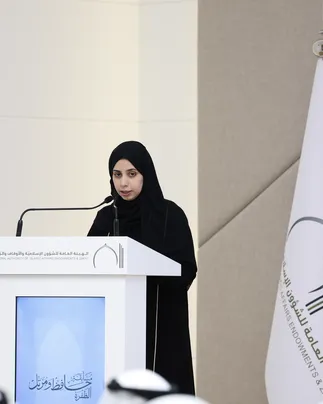Under the directives of His Highness Sheikh Hamdan bin Zayed Al Nahyan, Ruler’s Representative in Al Dhafra Region and Chairman of the Environment Agency – Abu Dhabi (EAD), the Abu Dhabi Coral Garden initiative has been launched by the agency. The largest project of its kind in the Middle East, the project is a significant step in protecting the marine environment and enhancing marine biodiversity in Abu Dhabi.
The initiative, which will be implemented between 2025 and 2030, aims to create coral gardens in the emirate by deploying 40,000 artificial reef modules made of environmentally durable materials and designed in different shapes and sizes to support the growth and reproduction of marine organisms. The coral gardens will extend over a total area of 1,200 square kilometres, equivalent to approximately 200,000 football pitches, in Abu Dhabi’s coastal and deep waters, especially in areas devoid of coral reef or seagrass habitats.
Several artificial reef modules will also be implanted with live coral reef fragments raised in the coral reef nursery of Abu Dhabi. The fragments are selected from the highly resilient coral species, that are tolerant to high marine water temperatures. This will support the coral reefs’ growth, reproduction, and help restore the natural marine ecosystem.
In addition, these gardens will provide safe havens for the release of local farmed fish species to support their natural growth and reproduction in the marine environment.
His Highness Sheikh Hamdan bin Zayed Al Nahyan said: “Protecting the marine environment and enhancing its sustainability is an essential part of the UAE’s vision to ensure a sustainable future for future generations. The Abu Dhabi Coral Gardens initiative embodies Abu Dhabi’s commitment to implementing innovative, nature-based solutions to support marine biodiversity, rehabilitate, and restore natural resources in line with economic development plans.
“We are proud that Abu Dhabi is a regional leader in implementing this ambitious initiative, which not only contributes to enhancing fish stock and protecting marine habitats, but also affirms the emirate’s position as a global model in addressing environmental challenges and achieving a balance between development and nature conservation. The success of this initiative is the result of continuous cooperation with various entities and partners, and we look forward to seeing the positive impact of this initiative in protecting our coasts, supporting eco-tourism and food security, as part of our efforts to achieve environmental sustainability.”
Her Excellency Dr Shaikha Salem Al Dhaheri, Secretary General of EAD, said: “Abu Dhabi is a pioneer in implementing sustainable nature-based solutions, and the Abu Dhabi Coral Gardens initiative reflects our firm commitment to preserving the marine environment and enhancing biodiversity, in line with our wise leadership’s vision for achieving sustainability. Through this ambitious initiative, we seek to improve marine ecosystems, support fisheries, and address the challenges of climate change. This initiative will also contribute to promoting ecotourism in the emirate by increasing tourist attractions for divers, making it a comprehensive project that achieves a balance between development and environmental sustainability.
“We aspire towards positive change that contributes to enhancing marine resources and providing a pioneering regional model in the field of innovative environmental solutions. Results of studies have revealed the effectiveness of artificial reefs in attracting and incubating fish and supporting the growth of many marine species at a rate three times that of natural coral reefs.”
The initiative aims to produce more than 5 million kg of fish annually, consisting of various surface and bottom-dwelling species, which will help restore fish stocks and enhance recreational fishing. The reefs will also protect the emirate’s beaches and islands from the expected effects of climate change and support blue carbon habitats.
The agency’s experimental studies conducted on artificial reefs have confirmed their effectiveness in enhancing the marine environment and biodiversity. The research included the evaluation of different types and designs of reef building materials, which were installed in 30 marine sites. The emirate is a national and regional leader when it comes to specialised experimental studies on artificial coral reefs to evaluate their effectiveness and role in supporting marine life.
The results showed that the artificial reefs were able to attract, retain, and incubate marine organisms at rates higher than those of natural coral reefs, reflecting their potential to improve the marine environment, enhance biodiversity, and sustain fish stock, thus enhancing the balance between economic development and natural resource conservation.
